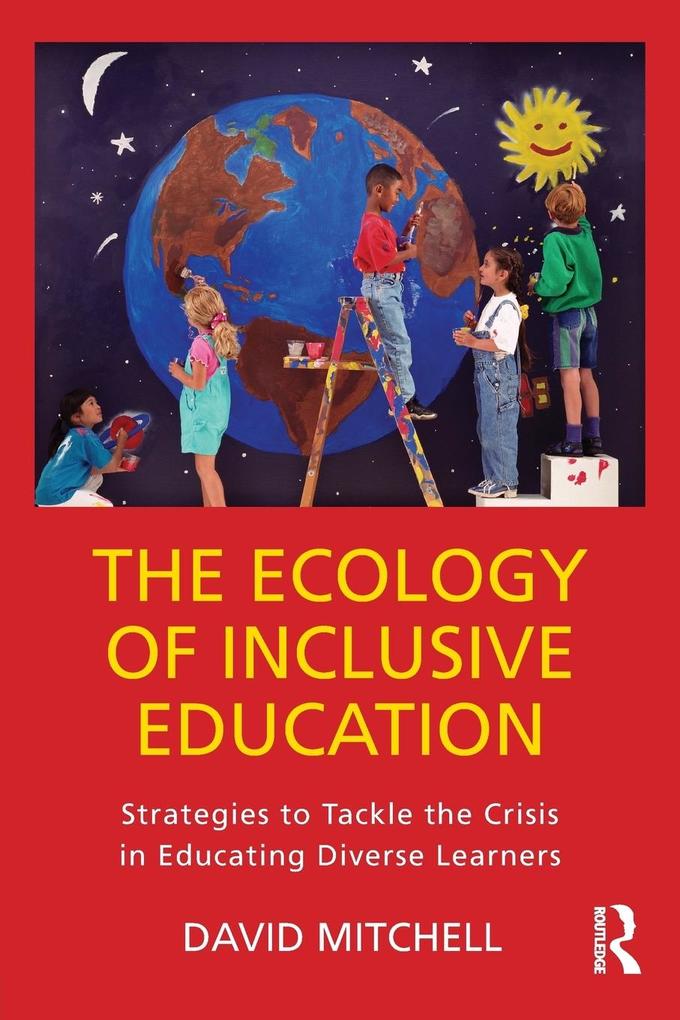
Zustellung: Fr, 27.12. - Di, 31.12.
Versand in 6 Tagen
VersandkostenfreiBestellen & in Filiale abholen:
Educators today face two major challenges. The first, is to develop an education system which meets the needs of an ever more diverse student population. The second, is to successfully implement such a system. This requires nothing less than a revolutionary transformation of current approaches taken to education.
Drawing on research-based evidence and offering over 70 concrete strategies to help educators respond to these challenges, this unique book provides a blueprint for an education system which will recognize the rights of all students, while engendering social cohesion and an equitable society. Broadening the scope of inclusive education, the author presents an ecological model - a system which places children at its centre and acknowledges the impacts of school, community, bureaucracy and society, to maximize opportunities for learning, and see students achieve the same levels of attainment, regardless of their gender, socio-economic status, ethnicity, religious beliefs or disability.
A timely book which addresses the concerns of teachers and educators around the globe, The Ecology of Inclusive Education will give its readers the knowledge and confidence they require to meet the needs of each and every learner.
Drawing on research-based evidence and offering over 70 concrete strategies to help educators respond to these challenges, this unique book provides a blueprint for an education system which will recognize the rights of all students, while engendering social cohesion and an equitable society. Broadening the scope of inclusive education, the author presents an ecological model - a system which places children at its centre and acknowledges the impacts of school, community, bureaucracy and society, to maximize opportunities for learning, and see students achieve the same levels of attainment, regardless of their gender, socio-economic status, ethnicity, religious beliefs or disability.
A timely book which addresses the concerns of teachers and educators around the globe, The Ecology of Inclusive Education will give its readers the knowledge and confidence they require to meet the needs of each and every learner.
Inhaltsverzeichnis
Acknowledgements 1. Introduction: What crisis? 2. Societies: Unity in diversity 3. Bureaucracies: Governments propose, bureaucracies dispose 4. Communities: Making connections 5. Schools: Learning organizations with permeable borders 6. Classrooms: Innovative learning environments 7. Families: What counts? 8. Children: Constructors of knowledge 9. Conclusions: It is time to radically re-think our education systems
Produktdetails
Erscheinungsdatum
09. April 2018
Sprache
englisch
Seitenanzahl
112
Autor/Autorin
David Mitchell
Verlag/Hersteller
Produktart
kartoniert
Gewicht
184 g
Größe (L/B/H)
234/156/6 mm
Sonstiges
Paperback
ISBN
9781138087484
Entdecken Sie mehr
Bewertungen
0 Bewertungen
Es wurden noch keine Bewertungen abgegeben. Schreiben Sie die erste Bewertung zu "The Ecology of Inclusive Education" und helfen Sie damit anderen bei der Kaufentscheidung.








